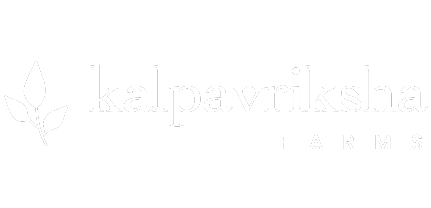Soap making is not just a modern craft – it’s an ancient tradition rooted in cultures across the globe. From olive oil-based Castile soap in Spain to the black soap of West Africa, traditional soap recipes carry centuries of heritage and wisdom. These timeless practices reveal how natural ingredients and local resources were used long before commercial soap hit the shelves.
In this blog, we’ll take you on a journey through various cultural traditions in soap making, showing how learning these methods can enhance your appreciation and skills when you begin your own soap making journey at home.
Traditional Soap Making Practices Around the World
- Castile Soap – Spain
Originating in the Castile region of Spain, this soap was traditionally made using only olive oil, water, and lye. Its reputation as a gentle, moisturizing cleanser has stood the test of time. Today, Castile soap is celebrated as one of the purest forms of natural soap.
- African Black Soap – West Africa
Made from plantain skins, cocoa pod ash, and shea butter, African black soap is known for its deep cleansing and exfoliating properties. It’s a staple in many African households and is now gaining popularity globally for those with acne-prone or oily skin.
- Aleppo Soap – Syria
Dating back nearly 2,000 years, Aleppo soap is made from olive oil and laurel berry oil. The soap is aged for months and is revered for its antibacterial and moisturizing properties. It’s a testament to how traditional soap making can balance simplicity and effectiveness.
- Savon de Marseille – France
This French soap is traditionally made with sea water, olive oil, and alkaline ash from sea plants. Known for its purity and versatility, it’s commonly used for skincare, laundry, and even household cleaning.
These historical methods demonstrate how cultures prioritized local, natural ingredients to craft multifunctional, skin-friendly soaps – without chemicals or synthetics.
Bringing Tradition into Your Home Soap Making
Today, you can learn to recreate and modernize these techniques using safe, accessible ingredients and structured guidance. Whether you want to make a gentle olive oil bar or explore herbal-infused soaps, understanding the cultural roots of soap making gives you creative inspiration and respect for the craft.
If you’re ready to begin, Kalpavriksha offers a great soap making course online that provides step-by-step instructions, safety tips, and ingredient breakdowns to help you start making natural soaps from scratch.
What sets this course apart is that it encourages creative experimentation while staying rooted in safe, proven techniques – much like traditional artisans did in the past. You’ll also learn processes similar to those in a soap making workshop but adapted for at-home learners.
Why Cultural Wisdom Still Matters
There’s a growing movement back toward natural and handmade personal care. By drawing from ancient traditions, modern soap makers are finding new ways to respect the earth, avoid harmful chemicals, and support sustainable self-care.
Handmade soaps inspired by traditional methods are more than just products – they’re stories in your hands. They speak of places, plants, people, and philosophies passed down through generations.
As you dive deeper into the practice of how to make soap at home, incorporating elements from these global traditions adds depth to your creations and a sense of purpose to your process.
Whether it’s a bar inspired by Syrian laurel oil or African black soap’s botanical richness, you can bring the wisdom of centuries into your home kitchen. Learn the principles, understand the heritage, and start crafting your own natural soaps with intention.
Get started today with Kalpavriksha’s soap making workshop and explore how culture and creativity can blend into your own unique soap making journey.
